The Nobel prize in chemistry for the year 2019 was awarded to three scientists for the development of lithium-ion batteries
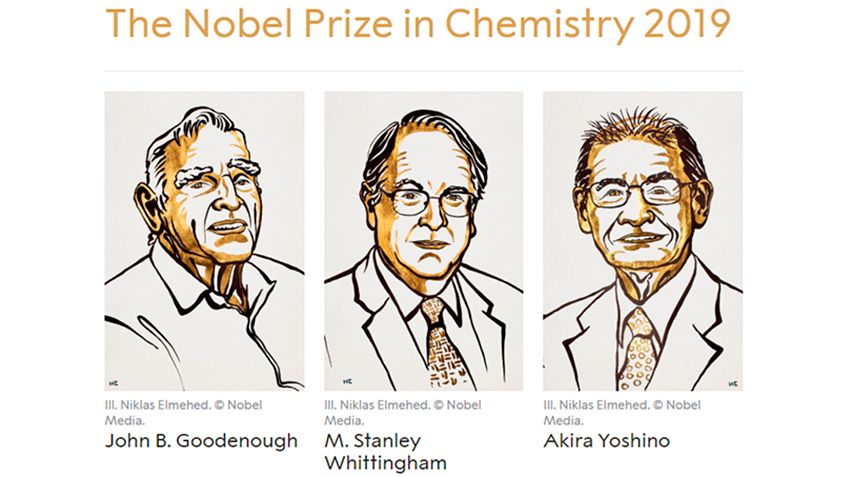
9 October 2019
The Nobel Committee recognized the importance of lithium-ion battery for the future of humanity
They created a rechargeable world
The Nobel prize in chemistry of 2019 was awarded to three scientists: John B. Goodenough (University of Texas at Austin, USA), M. Stanley Whittingham (Binghamton University, State University of new York, USA) and Akira Yoshino (Asahi Corporation Casey, Tokyo, Japan, Meijo University, Nagoya, Japan) for the development of lithium-ion batteries. As stated on the official press realise of the Nobel Committee: this lightweight, rechargeable and powerful battery now used in all modern devices – from mobile phones to laptops and electric vehicles. It can also accumulate a significant amount of energy derived from solar and wind power (alternative energy sources – ed.), making possible the creation of a society free from fossil fuels.
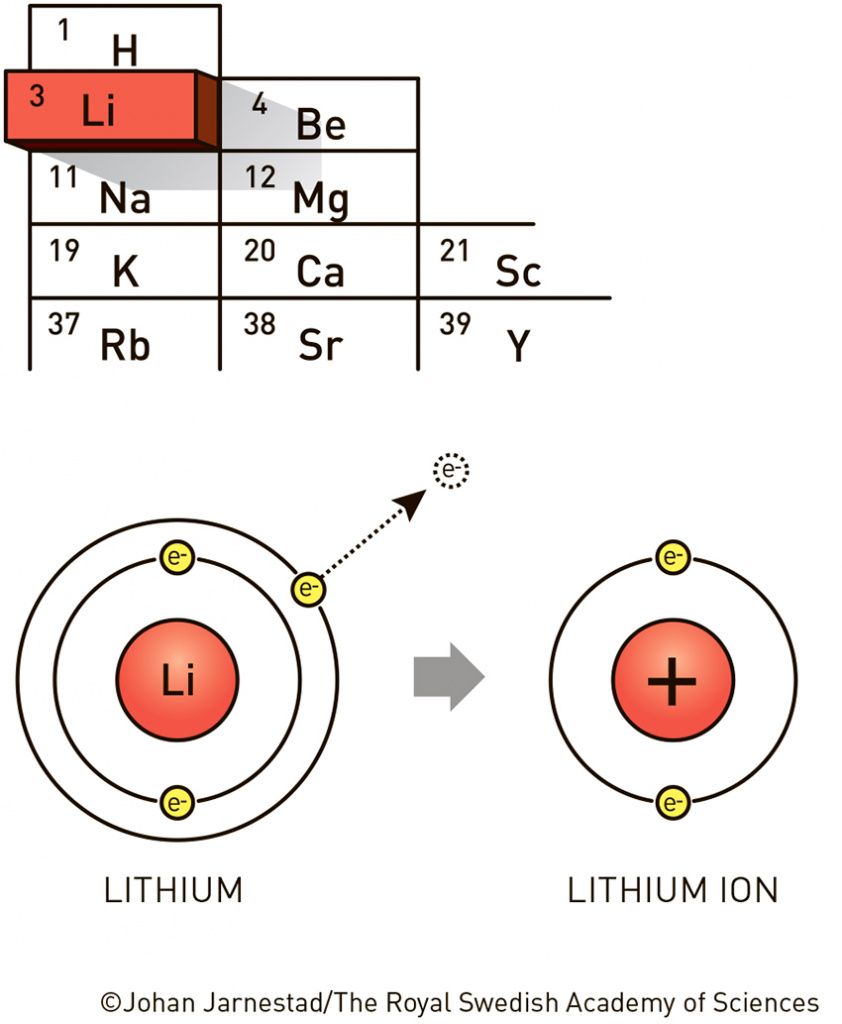
Lithium-ion batteries are used worldwide for powering portable electronics that we use for communication, work, study, listen to music and search for knowledge. Lithium batteries are also allowed to develop electric vehicles long range and to accumulate energy from renewable sources such as solar and wind power.
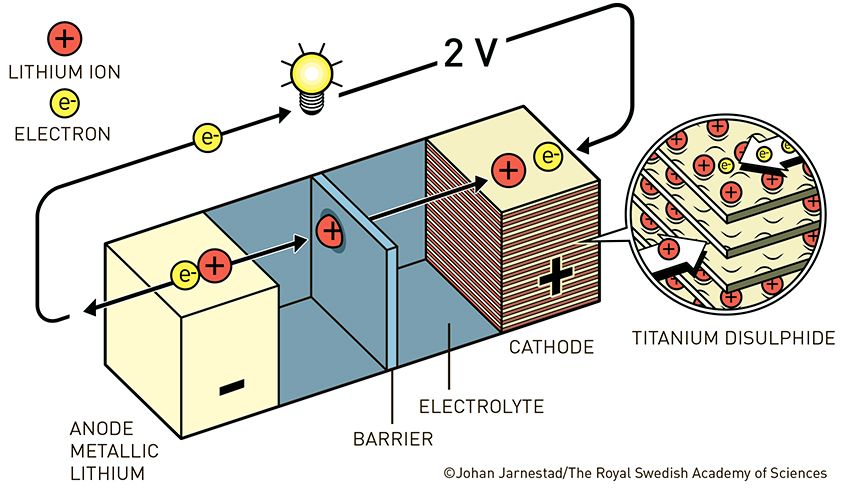
The lithium-ion battery was founded during the oil crisis of the 1970-ies. Stanley Whittingham was working on a technique that could lead to the use of technologies that do not use fossil fuels. He began researching superconductors and found an extremely energy intensive material, which was used for the creation of innovative cathode in a lithium battery. It was made of titanium disulfide, which, at the molecular level, has build able "interkaliruet" (to create a reversible inclusion of a molecule or group between other molecules or groups) lithium ions.
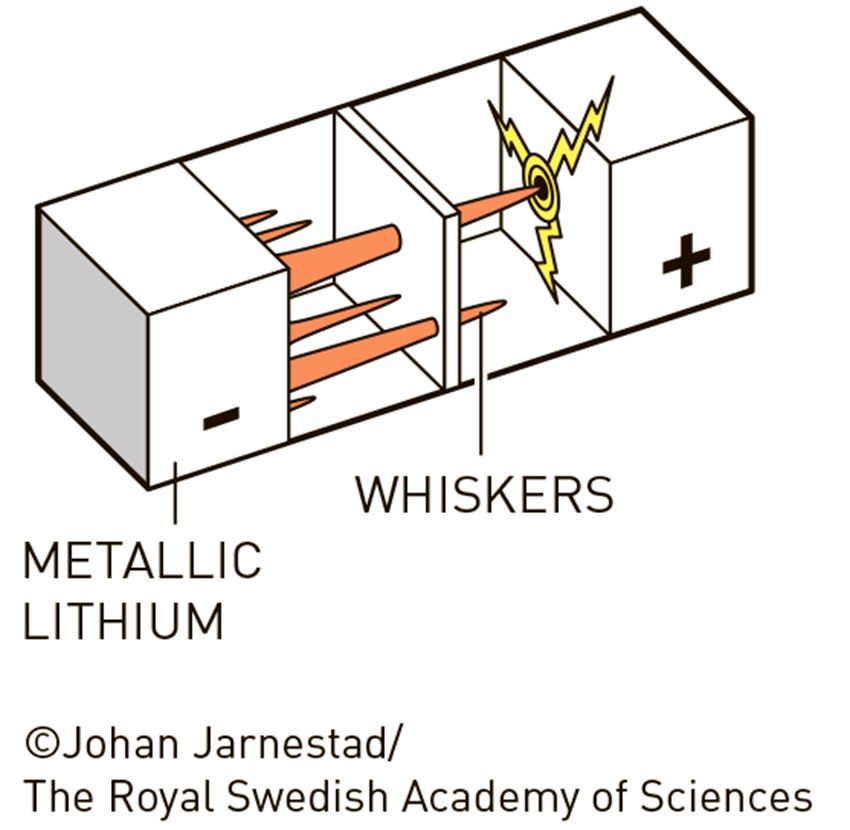
The battery anode was partially made of metallic lithium, which has a strong ability to release electrons. This led to the fact that the battery showed great potential, a little more than two volts. However, metallic lithium is very active, and the battery was very explosive to become viable for normal use.
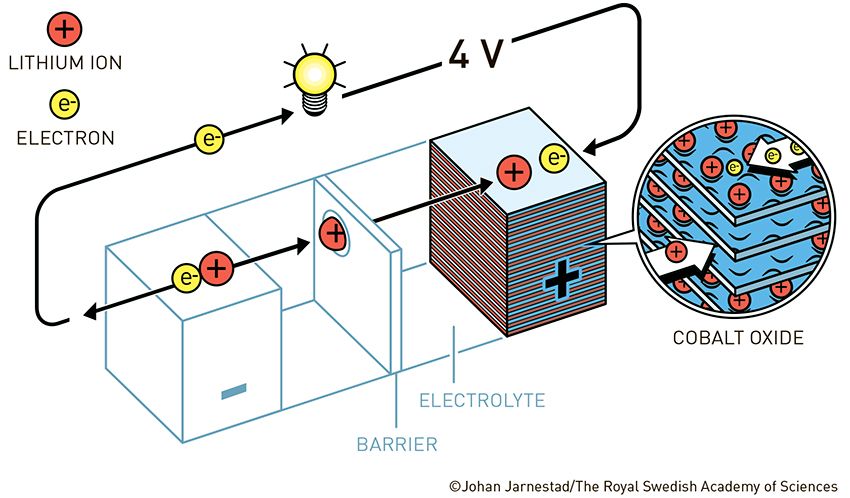
In turn the scientist John Goodenow predicted that the cathode will have even greater potential if it is created using a metal oxide instead of sulphide. After a systematic search in 1980, he demonstrated that cobalt oxide intercalated with lithium ions can issue up to four volts. This was an important breakthrough that led to the emergence of much more powerful batteries.
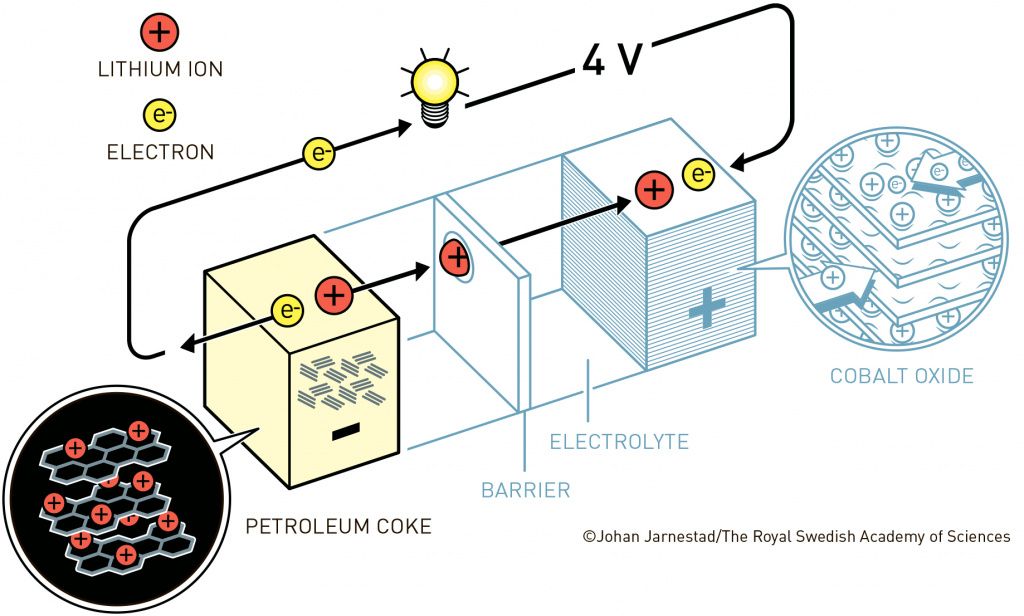
On the basis of the cathode Gudenaa in 1985, Akira Yoshino, Japanese scientist have created the first commercially viable Li-ion battery. Instead use the active lithium anode, it used the petroleum coke, carbon material, which, like the cathode, the cobalt oxide may interkaliruet lithium ions.
The result is a lightweight, durable battery that can be recharged hundreds of times before its performance deteriorates. The advantage of lithium-ion batteries is that they are not based on chemical reactions that destroy the electrodes, and the ions of lithium, reversible flow between the anode and the cathode.
Lithium-ion batteries have revolutionized our lives since they first appeared on the market in 1991. This type of batteries has laid the Foundation of the Autonomous society free from fossil fuels and electric wires and brings the greatest benefit to mankind.
PS Award, three physicists will share equally between us – everyone will receive 9 million kronor ($74 thousand pounds). By the way, the 97-year-old John Goodenough, born in 1922 in the Weimar Republic, became the oldest scientist to ever receive a Nobel prize.
P. P. S. it's not the size of the award and its prestige, and in this respect the Nobel prize out of competition, and was the most important award in the career of each of the prize winners.
Again, the recognition by the Nobel Committee create a lithium battery is the most important achievement of progress has become clear with the recognition that humanity has entered a phase of electromobility, and now the only time (and trillions of investments) separate it from the era of no carbon emissions, so and global climate monitoring. I hope that humanity has become more Mature and wiser...
.
|
|
|
Element was not found.








